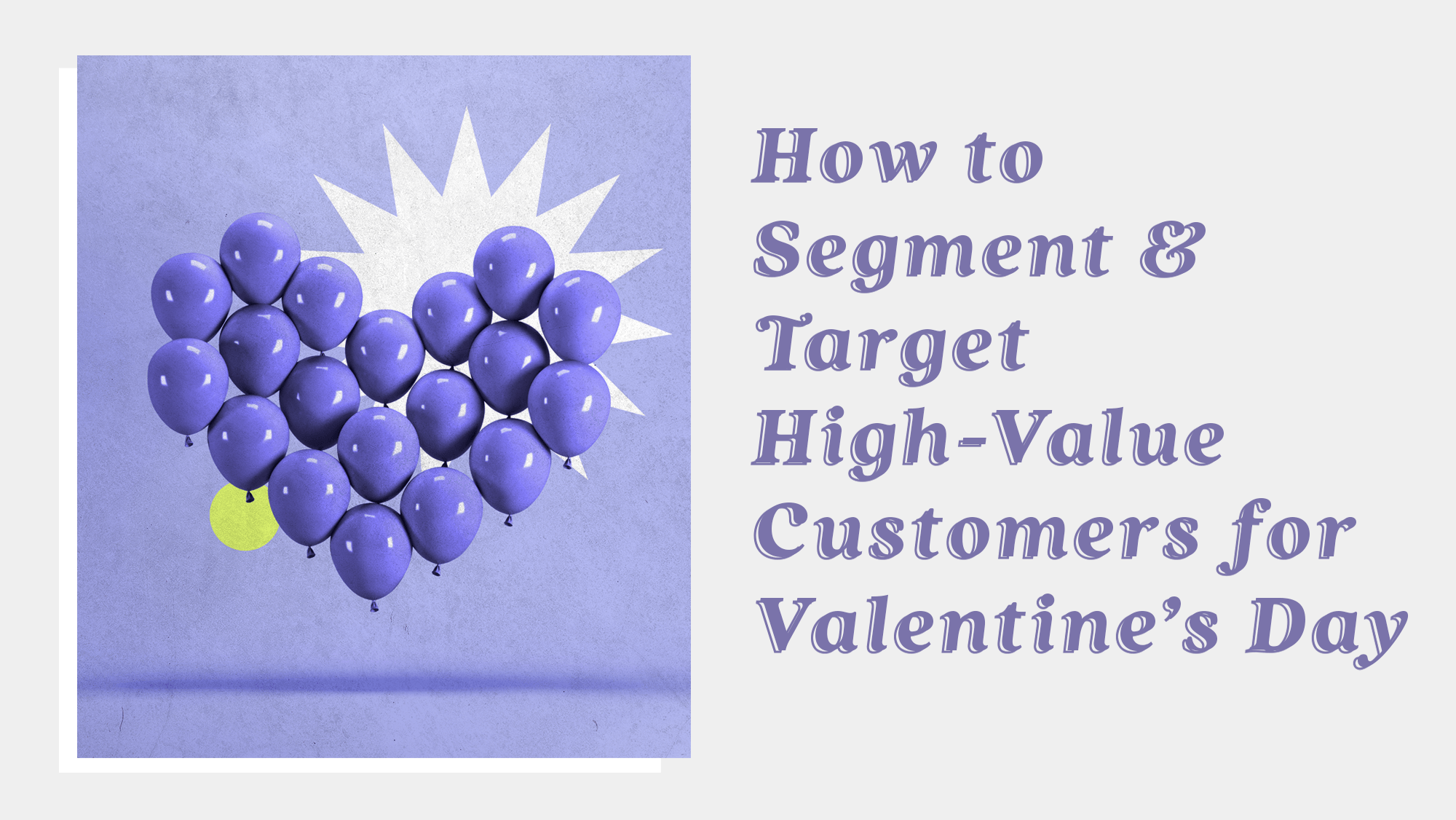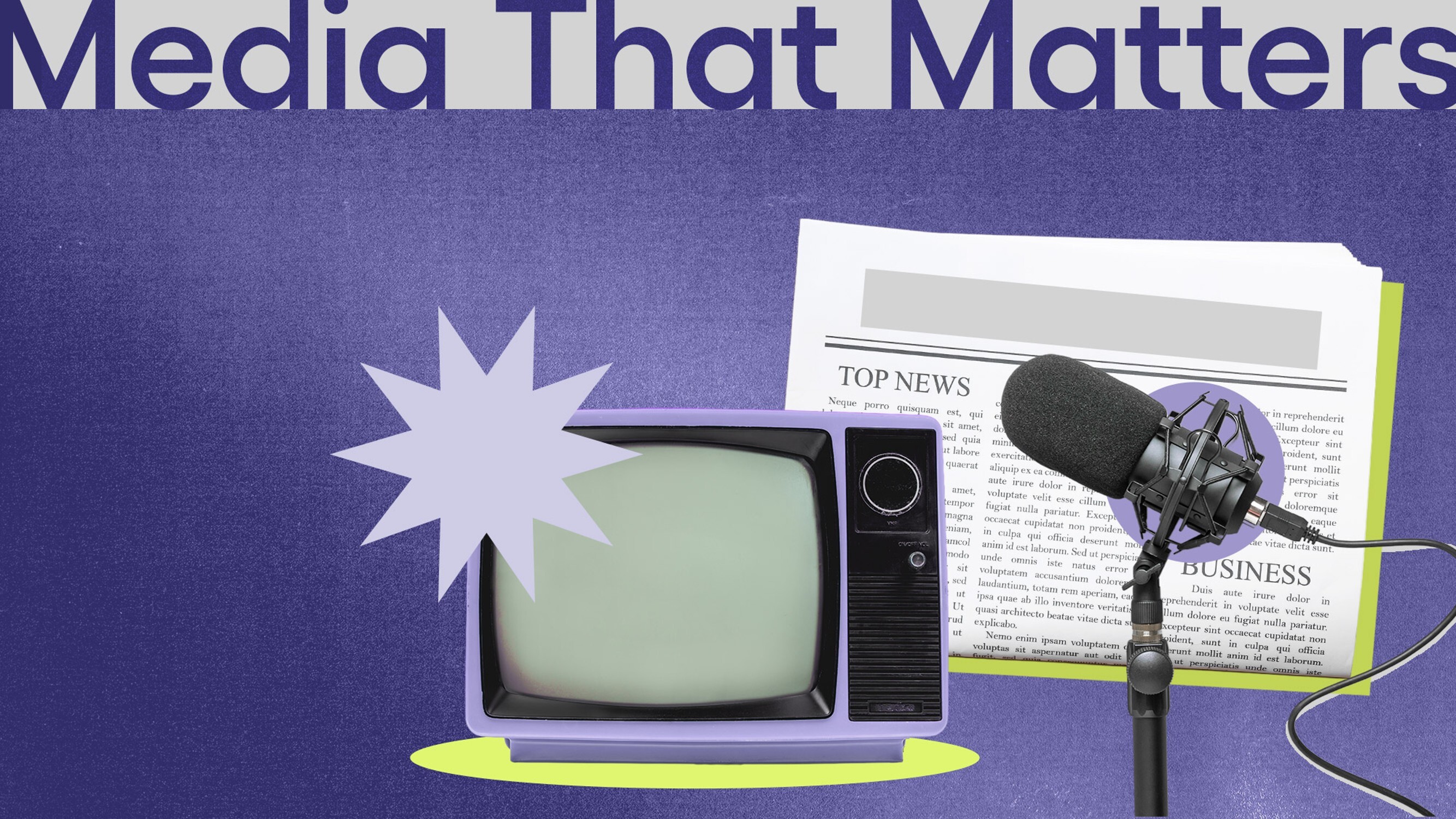
AI and the Retail Marketer’s Future
How AI transforms strategy and processes, driving the adoption of Positionless Marketing
Optimove Connect 2026: Join us in London on March 11–12 to master Positionless Marketing
Exclusive Forrester Report on AI in Marketing

In today’s digital-focused world, multi-channel marketing is important for the simple reason that you must be able to reach your customers where they are.
The number of devices per user is growing and it is important to have an orchestrated strategy of offers sent through several channels, so you won’t miss any potential touchpoints.
The following research comes to show exactly how effective multi channel campaigns are compared to single channel. For this research, we looked at over 20 gaming and e-commerce brands from around the world and measured the percentage of multi and single-channel type campaigns with statistically significant results. Then we tested the best combination of email, SMS and mobile push notifications, and which single channel leads to a higher percentage of campaigns with significant results.
Before we get to the part of measuring the percentage of significant results, we first examined the role of multi-channel campaigns in the entire marketing plan.
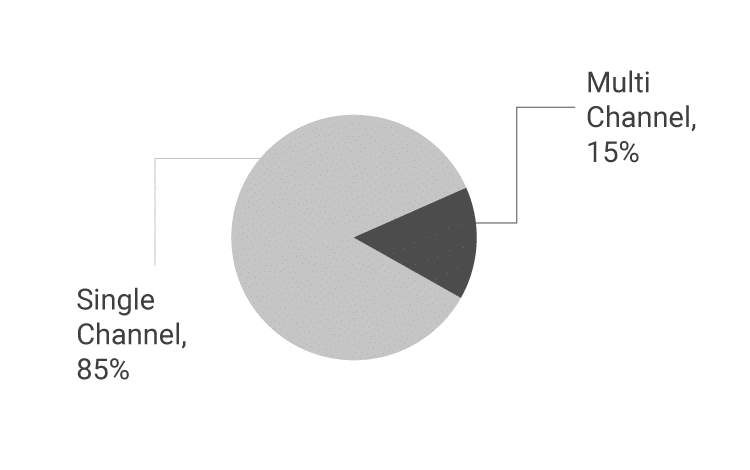
On average, the percentage of multi-channel campaigns represents only 15% of the entire marketing plan; a surprisingly low number given the fact that these multi-channel campaigns yield more significant results. In terms of the most common combination – the email & push combination won with 60% of the multi-channel campaigns observed in the research:
Next, we looked at the difference between multi-channel and single channel in terms of the percentage of campaigns with statistically significant results – It’s important to note that determining whether the campaign is statistically significant or not indicates how likely it is that the marketing action was responsible for its recipients’ behavior. The numbers speak for themselves: On average, 24% of all multi-channel campaigns ended with statistically significant results, while only 12% of the single channel campaigns ended with significant results:
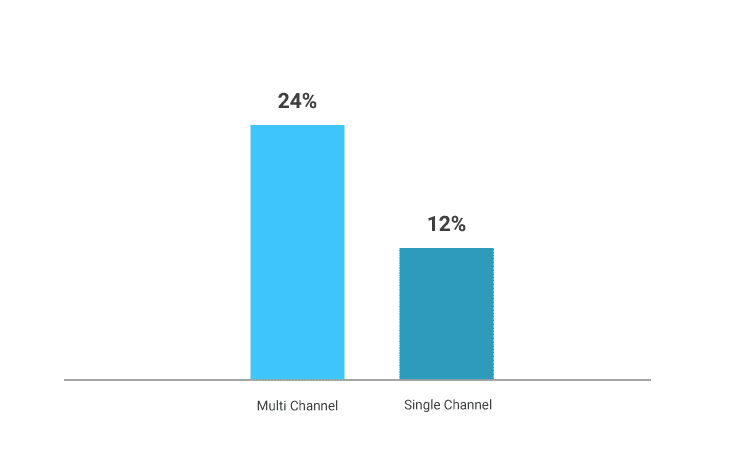
We also looked at specific channels for single and multi-channel campaigns. We checked different combinations for multi-channel campaigns and saw which ones have the highest percentage of campaigns with significant results.
While none of the single channel campaigns passed the 15% mark, we can see an obvious leader from the multi-channel combinations chart. A third of all campaigns sent through email and SMS resulted in significant results:
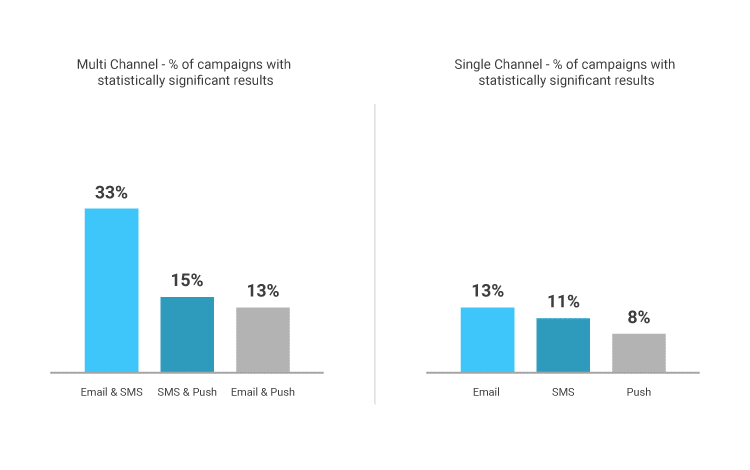
When checking the biggest difference, comparing email only to email and SMS, we see that the addition of the SMS channel increased the % of campaigns with significant results by 250%.
Here are three key components to succeeding at multi-channel marketing:
This research again shows why you should invest resources into multi-channel campaigns, either by making an integration with a certain type of channel or by creating the right strategy that will send the right content through all the channels together. The benefits of applying multi-channel strategy are great and could help substantially increase campaign uplifts.
Advancements in data and technology these days will help you achieve this goal quite easily, and there’s little choice but to join the new game. Luckily, tools like Optimove are designed particularly to help you win. Your customer base is out there, waiting for you. The right technological platforms will make your brand’s voice louder and much clearer.
Exclusive Forrester Report on AI in Marketing
In this proprietary Forrester report, learn how global marketers use AI and Positionless Marketing to streamline workflows and increase relevance.


Jonathan Inbar is a marketing data scientist on Optimove’s Strategic Services team. As a marketing data scientist, Jonathan leverages his extensive experience with building predictive models and generating data-driven marketing insights to consult with clients and help them optimize their CRM strategy and tactics.
Jonathan holds a BSc in Industrial Engineering and Management, specializing in Information Systems, and two specialization certificates in Machine Learning from Duke University and the University of Washington.
